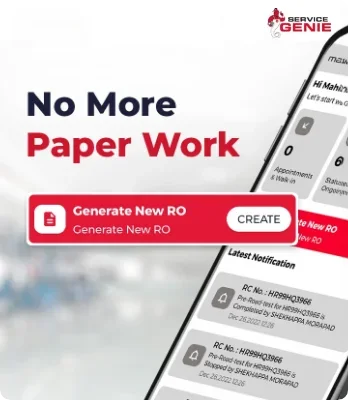Our expertise in ecommerce multi-vendor and B2b ecommerce platforms has transformed global businesses into market leaders, driving unprecedented growth and digital synergy.
Tailored Multi-vendor Marketplace Services
From platform customization to ongoing support, our suite of services ensures your ecommerce multi-vendor marketplace excels in a competitive digital landscape.

Custom Platform Engineering
Tailoring your marketplace to meet specific business models and vendor needs.

Efficient Vendor Integration
Streamlined processes for vendor onboarding, ensuring a diverse and dynamic marketplace.

Intuitive Design for Engagement
Crafting user experiences that engage and convert across the B2B ecommerce platform.

Trusted Payment Frameworks
Implementing secure and versatile payment systems for safe, global transactions.

Future-ready Marketplace Foundations
Building with scalable architecture to accommodate growth and technological advancements.

Dedicated Marketplace Support
Providing ongoing technical and strategic support to maintain and enhance platform performance.
Our multi-vendor marketplace solutions are more than just platforms; they are digital ecosystems that drive B2B success, offering unmatched opportunities for growth and connectivity.

Market Expansion Opportunities
Open new channels and expand your market reach with a comprehensive B2B ecommerce strategy.

Enhanced Vendor and Buyer Experience
A seamless interface that supports efficient interactions between vendors and buyers.

Robust Security Measures
Ensuring data integrity and transaction security across the ecommerce spectrum.

Adaptive eCommerce Growth
Agile frameworks that adapt to market changes and business scaling.
Our
Case Studies
Powering Industries through Tech Transformations
FAQs - Multi Vendor Marketplace
Such marketplaces facilitate commerce from multiple independent vendors via a single platform, providing tools for product management, automatic commission calculations, and direct communication channels between buyers and sellers.
Technologies might also include advanced database solutions for handling large volumes of transactions and user data, as well as APIs for integrating external services like inventory management systems.
Interactive elements like gamification to reward user activities, live chat support, and AI-driven shopping assistants can also be integrated to enhance user engagement.
Multi-factor authentication for vendors and buyers, along with AI-based fraud detection systems, are also employed to ensure a secure trading environment.
Techniques such as database sharding and the use of microservices architecture ensure that the marketplace can efficiently handle increases in user numbers and transaction volumes without performance degradation.
Advanced features may include real-time analytics for vendors, automated shipping and tax calculations, multi-tiered vendor subscriptions, and custom branding options for each vendor.
Integration capabilities are extended to include newer blockchain-based payment systems, providing alternatives like Bitcoin and other cryptocurrencies for transactions.
It offers entrepreneurs a flexible business model with potentially lower overhead costs as they don’t manage inventory, paired with the ability to scale quickly by adding new vendors and products.
Sophisticated data dashboards can provide analytics on vendor performance, helping marketplace owners make informed decisions about promotions, sanctions, or terminations.
Integrating a consistent user experience across various vendor interfaces and handling internationalization issues such as language translation and local regulatory compliance are significant challenges.
Next Level Tech,
Engineered at the Speed of Now!
Are you in?
Let Neuronimbus chart your course to a higher growth trajectory. Drop us a line, we'll get the conversation started.


































